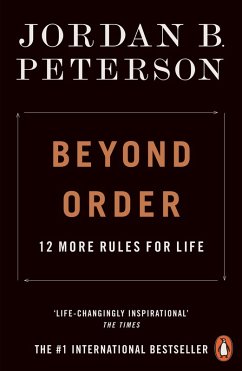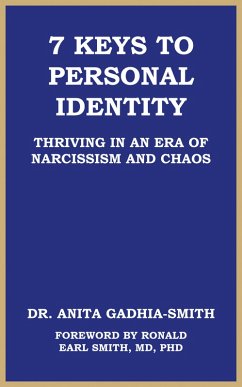
Who Am I--How Did I Choose My Identity (Our Human Values, #2) (eBook, ePUB)

PAYBACK Punkte
0 °P sammeln!
This volume explores how we, and others, develop our identities--our self-concepts. People develop their identities in various ways--sometimes thinking them through, sometimes accepting our ideas from authority _like parents or preachers--, sometimes using verifiable evidence, and sometimes from our mental illnesses. To understand how we think and how to solve the world's problems. While Volume I dealt with exploring the basic assumptions or how and why we think, this volume adds the reality of how we think about ourselves and how others think. The next volume will discuss a number of national...
This volume explores how we, and others, develop our identities--our self-concepts. People develop their identities in various ways--sometimes thinking them through, sometimes accepting our ideas from authority _like parents or preachers--, sometimes using verifiable evidence, and sometimes from our mental illnesses. To understand how we think and how to solve the world's problems. While Volume I dealt with exploring the basic assumptions or how and why we think, this volume adds the reality of how we think about ourselves and how others think. The next volume will discuss a number of national and international problems and questions. The discussion of these problems cannot be thoroughly understood without understanding the various assumptions and identities of the participants of a discussion. Did your evidence come from QAnon, the Pope, or a scientist who is an authority on the subject? To think clearly, one must understand the most basic levels of human thinking. It's convenient to believe whatever sounds simple or popular with your friends. It's intelligent to base your thinking on the most verifiable facts. Should we really think--or just fake it?
Dieser Download kann aus rechtlichen Gründen nur mit Rechnungsadresse in A, B, CY, CZ, D, DK, EW, E, FIN, F, GR, H, IRL, I, LT, L, LR, M, NL, PL, P, R, S, SLO, SK ausgeliefert werden.













